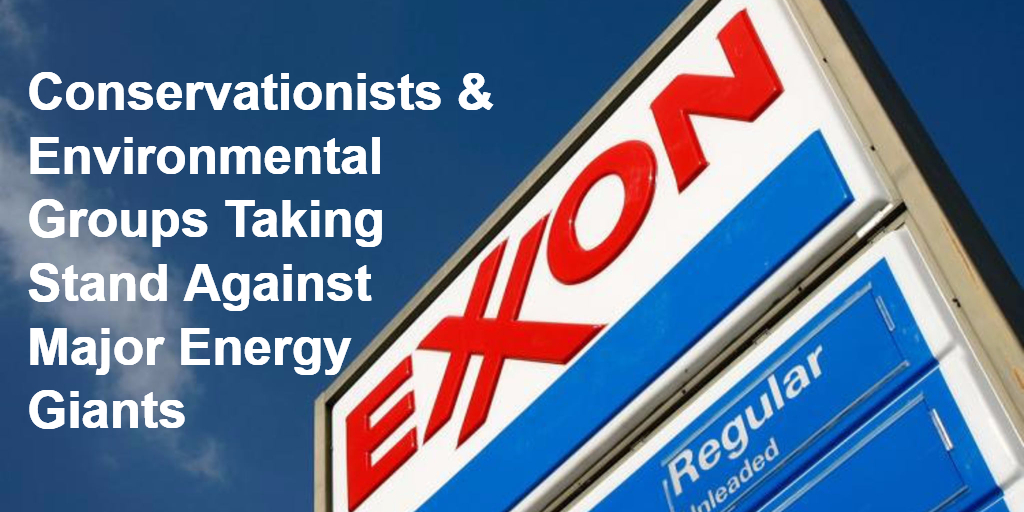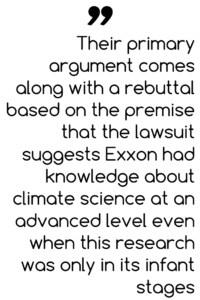California Sues Big Oil for Allegedly Misleading Public on Climate Change
California is taking Big Oil to court — and this time, it’s personal. In a bold legal move, the state’s Attorney General filed a lawsuit accusing some of the largest fossil fuel companies in the world of lying to the public for decades. The lawsuit claims these corporations knew — as early as the 1960s — that burning oil, gas, and coal was harming the planet. But instead of warning the public, they allegedly chose to fund campaigns that denied or downplayed the threat.
Why would a company hide that kind of information? The state’s argument is simple: money. According to the complaint, companies like ExxonMobil, Chevron, Shell, BP, and ConocoPhillips prioritized short-term profits over public safety. Internal documents reportedly show that these corporations had detailed scientific models predicting climate chaos long before it became part of the global conversation. Yet publicly, they promoted doubt, attacked environmental regulations, and funded think tanks to delay climate action.
What happens when the public is misled at this scale? California points to wildfires, heat waves, sea level rise, and billion-dollar infrastructure damage as just a few of the consequences. These aren’t abstract risks anymore. They’re emergencies — and taxpayers are the ones footing the bill. The lawsuit aims to hold Big Oil accountable, not just by demanding damages, but by requiring the companies to help fund climate mitigation moving forward.
Can a state really win against global oil giants? It’s been tried before, but California is uniquely positioned. It’s the world’s fifth-largest economy and has some of the strongest environmental laws in the U.S. This isn’t just symbolic. If successful, the lawsuit could trigger a wave of similar actions across other states and cities — shifting the legal landscape for corporate responsibility in the climate era.
Oil companies have responded predictably. Chevron dismissed the suit as “meritless.” Others accused California of politicizing climate issues. They argue that energy production is a shared societal responsibility and that they are now investing in lower-carbon solutions. But California’s lawsuit isn’t about what they’re doing now — it’s about what they hid from the world when we needed the truth most.
Does this lawsuit open the door for broader accountability? That’s the real question. If companies can be held liable for knowingly spreading misinformation that caused environmental and economic harm, the legal system could become a powerful tool for climate justice. This case challenges the idea that profit-driven deception should go unpunished, especially when the stakes are planetary.
What about the average citizen? Californians — and people everywhere — have a right to know the truth about the products they’re using and the systems they depend on. When corporations bend reality for decades, entire generations are left vulnerable. Rising insurance rates, asthma rates, floods, droughts — these impacts don’t stay on paper. They show up at your doorstep.
This lawsuit asks a powerful question: What if they had told the truth?
Everyone has a role to play in reversing climate damage. But those who knowingly steered us off course should be held accountable first. California’s legal action isn’t just about the past — it’s a warning to every industry shaping our future: you can’t build an empire on a lie and expect no one to notice.




 Exxon is claiming they will fight these claims in the lawsuit and the company spokesperson,
Exxon is claiming they will fight these claims in the lawsuit and the company spokesperson, 